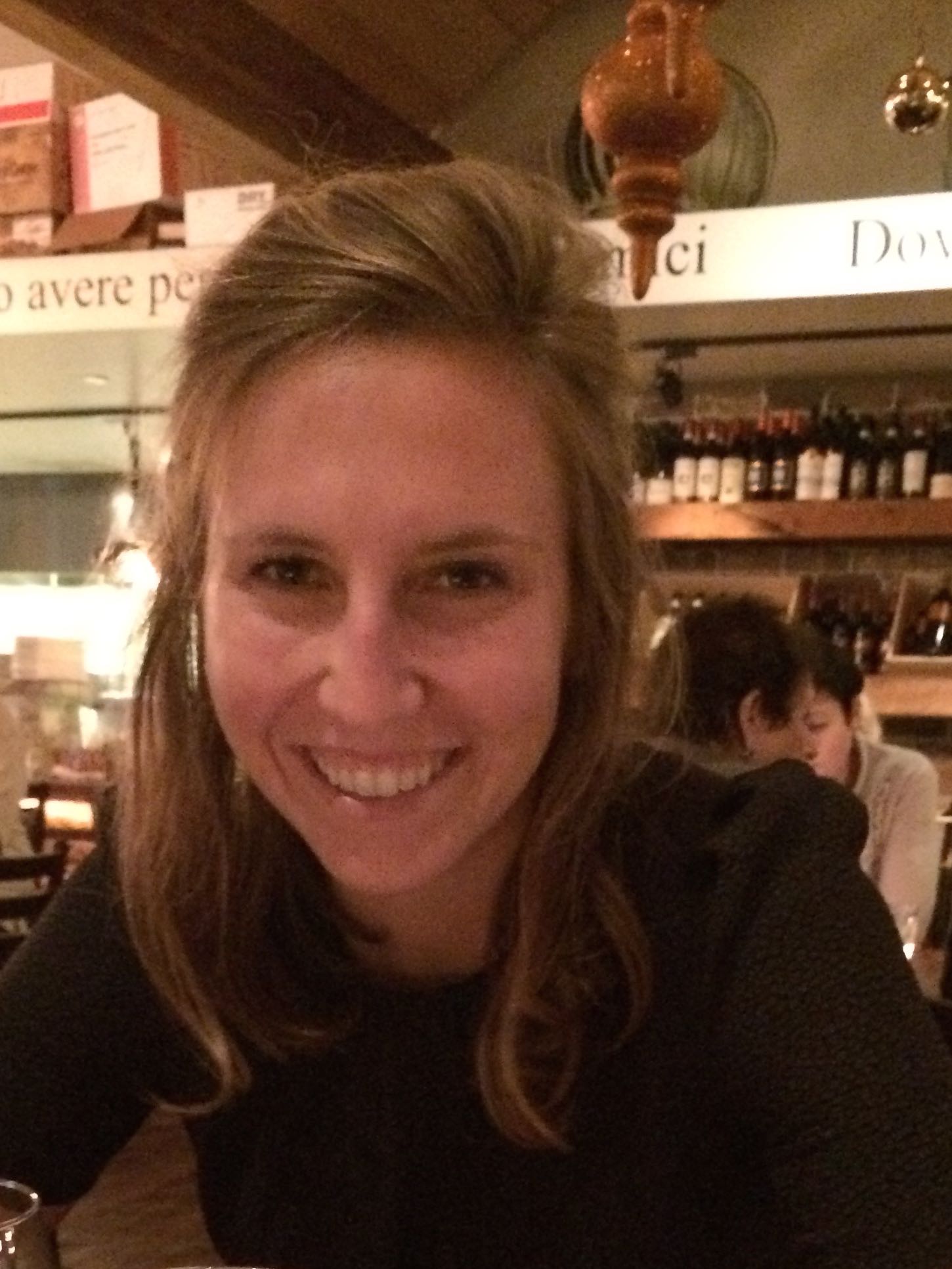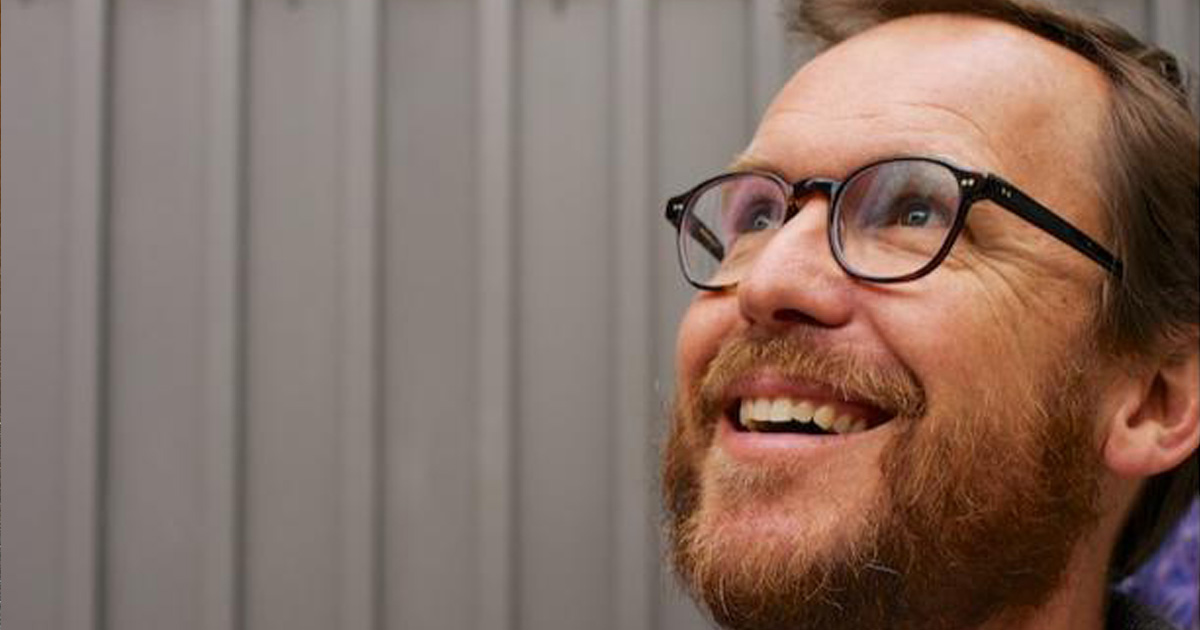Here's What It's Like to Have a Wife Who is More Successful Than You

By:

Christopher Noxon's new novel, "Plus One," recounts the adventures of Alex Sherman-Zicklin, a happily married man living in Los Angeles with two kids and an incredibly successful showrunner wife. It's not difficult for Noxon to relate to his protagonist - Noxon's wife, Jenji Kohan, created the critically acclaimed Showtime series "Weeds," and more recently, Kohan created Netflix's hit original series "Orange is the New Black."
Noxon and his fictional protagonist refer to themselves as male "plus ones" or "domestic first responders" -- men whose wives are the primary breadwinners in their families. Both Noxon and the fictional Sherman-Zicklin balance their share of childcare responsibilities and housework with the pursuit of their own interests and careers, yet, due to the high-profile success of their wives, occasionally field the question: "Are you OK?"
Noxon chatted with ATTN: via email about subverting traditional gender roles, the myth of "having it all," and income inequality in Hollywood.
The marriage depicted in "Plus One" feels refreshingly real and authentic. What would you say are the main benefits and challenges of the "domestic first responder" model?
I have three kids and a wife who works crazy hours, so I'm tasked with taking care of stuff at home. I'm annoyed by the word "blessing," but I do consider being a caretaker a real-life blessing. I'm available to my kids in a way my parents weren't available to me when I was growing up -- and being a good dad is more important to me than anything I've done in my career.
On the flip side, minding a house and kids can be boring and isolating and it's not exactly held in the highest esteem, especially for men. Guys can feel powerless and even a little ashamed. As a caretaking guy, it often feels like there are societal and even biological pressures conspired against you. In my first few years, I was prone to odd outbursts of aggression -- peeling out in the minivan at carpool, mowing down kids at a Lasertag birthday party, getting whiplash after leaping off a rooftop into a swimming pool.
Not that it's any easier for women at work -- I know my wife feels an enormous pressure to keep the family afloat and worries that she's losing her connection with the kids.
Do you think that the concept of "having it all" (for either a woman or man) is an aspirational goal, or do you view it as unrealistic, and potentially even harmful?
Yeah, I pretty much call bullcrap on "having it all." We're fed messages all the time about everything we need to accomplish. And we try - oh how we try. But it's insane to think that you can run a house, have a huge and important career, maintain healthy relationships, give charitably to the world, and have some fun along the way with life-enhancing outside interests (yoga! rock climbing!). Something's gotta give. Not that I'm so hot at setting reasonable limits. I do a ton of things, but mostly find myself not doing anything as well as I could if I only had more time... Mostly I feel like I'm failing on all fronts but trying as hard as I can.
Alex often feels uncomfortable when he's asked the question: "What do you do?" Have you ever found this question intrusive or difficult to answer?
Absolutely. Although unlike Alex, I have a career/creative calling that gives me something clear to say when asked that inevitable question. I'm a writer, which people understand means I spend a ton of time loafing around, stressing out, surfing the Internet, and occasionally bearing down on my laptop and actually producing something... I also really enjoy drawing and making art -- I did the chapter illustrations in "Plus One" -- but so far I've been unable to call myself an artist (I prefer "doodler.")
What would you say is most important for you and your wife in the attempt to balance careers and family life?
Our top priority is our kids. Jenji and I spend an inordinate amount of time and energy making sure they're OK and getting what they need. That feels like the right way to order our lives. We also do a pretty good job fencing off time in our calendars to spend away from any kind of work pressure -- we avoid computers and TVs altogether one day a week (see more here) and plan trips around the city and the world that bring us closer.
Since publishing "Plus One," what has been the feedback from other male "plus ones?"
So far the response from Plus Ones has been great. Men married to breadwinning women haven't seen themselves in fiction or the media much (when they have they're usually portrayed as clueless buffoons who secretly wish they were out with the guys drinking beer); a few guys have told me they're happy these stories and this particular dynamic is getting attention. Mostly, though, I've heard from women -- the book seems to be appealing mostly to female readers who are drawn to a family story told from a male perspective.
You mentioned in your interview with the LA Times something that Sheryl Sandberg once said: "When a woman is married to a successful man, everybody comes up to her and says, 'Congratulations!' When a man is married to a successful woman, everybody comes up to him and says, 'Are you OK?'" How do you think we go about changing the stereotype of the man who feels threatened by his powerful wife?
Many people assume that men feel emasculated by the success of women. It's a deep-seated cultural stereotype. And it's not based on total nonsense. Men *are* wired differently -- we're prone to mixed feelings when our partners take on the role of provider. But just because some men have a hard time when their women succeed doesn't mean all men experience resentment or embarrassment. So what can we do to change the stereotype? First of all, don't assume that a guy isn't OK if his partner is successful. He may be fine. I for one am nothing but thrilled when Jenji succeeds. It's only when people start asking how I'm doing and I realize how the world assumes I'm not OK that I begin to question myself, which creates insecurity, which can create resentment.
What's the biggest misconception about the effects of success on a marriage?
That it makes everything automatically OK. Success is obviously what you want -- it's anyway better than the alternative -- but it brings a whole host of new issues, from over-packed schedules to bruised and inflated egos to friends and family with hidden agendas to deep questions of priorities and ideals. I hope "Plus One" shows the kinds of stresses and problems that arise in success.
Your wife has mentioned the disparity between what many male and female showrunners are paid, and the Sony hacks made it clear that Hollywood is certainly not exempt from income inequality. Do you think the increased prevalence of egalitarian marriages, like the relationship depicted in "Plus One," could contribute to closing the gender pay gap?
The fact that women are still underpaid, under-appreciated and actively discriminated against is shameful and too often overlooked (or by dunderheaded idiots, denied entirely). Hollywood likes to think of itself as this progressive, equal-opportunity community, but the fact is that white guys still control the vast majority of the money and big rewards. I hope egalitarian marriages will help women take greater control of their careers and chip away power from the dudes in charge, just as I hope that audiences and the marketplace will demand a greater diversity of stories, storytellers, and outlets.
The jacuzzi scene in "Plus One" touches on potential issues raised when fiction is modeled on real life - do you abide by the mantra that it's better to ask forgiveness than permission, or do you and your wife discuss using real-life anecdotes beforehand?
"Plus One" is fiction -- there's hardly anything in the book that happened literally as described. Still, there are elements that came from our lives, which is why I gave Jenji a draft of the book before I sent it out and said, "anything here that feels too close or too private, let me know and it's out." She really had no edits. She still worries readers will assume it's all true, but now that the book is out and people are responding to it I think she's more comfortable. The jacuzzi scene in "Plus One" is entirely fictional; while the footgasm story is in part true (*which* part I'm too embarrassed to say), Jenji has never used a personal story of mine in her writing without asking. Except that one time in "Weeds" when... Nah, not gonna say.
You mentioned you're working on a TV show - any plans for a sequel to "Plus One," or another novel?
I wrote a pilot script for a half-hour comedy based on the novel that was developed by Mark Gordon Productions and ABC. I just heard this week that ABC passed on the pilot, meaning that for now the TV adaptation is dead. I'm bummed, but I remember that Jenji wrote 12 pilots before one got made and while I was happy to take a crack at it, I never saw this book as a multicam ABC half hour sitcom. Hoping the book is adapted in some form in the future -- I'd love to see the movie!
Meanwhile I’ve started work on another book about another family; this one is told through the viewpoints of multiple characters, one of whom is a 12-year-old foster kid named Milo. I’m excited about using more drawing and art in narrative and moving further afield from my own experience. The new book is still set in LA though. And there’s a 50-year-old guy who may or may not be a projection of myself (or Alex) in some imagined and not-terribly-complimentary future. In the end I can’t seem to escape myself.
